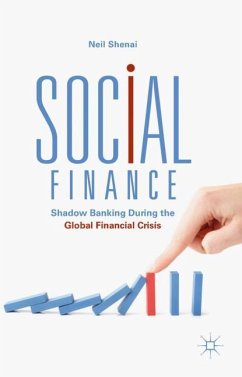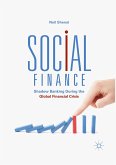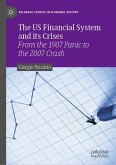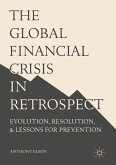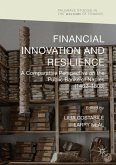How do market participants construct stable markets? Why do crises that seem inevitable after-the-fact routinely take market participants by surprise? What forces trigger financial panics, and why does uncertainty lead to market volatility? How do economic elites respond to financial distress, and why are some regulatory interventions more effective than others? Social Finance: Shadow Banking during the Global Financial Crisis answers these questions by presenting a new, economic conventions-based model of financial crises. This model emerges from a theoretical synthesis of several intellectual traditions, including Keynesian epistemology, Hyman Minsky's asset market theory, economic sociology, and international relations theory. Social Finance uses this new paradigm to explain instability in the global shadow banking system during the global financial crisis. And it presents the results of interviews with some of the world's leading investors - who saw over $2 trillion in annual order flows and managed over $160 billion in assets - to provide first-hand accounts of markets in crisis. Written in accessible prose, Social Finance will appeal to a broad audience of academics, policymakers, and practitioners interested in understanding the drivers of financial stability in the twenty-first century.

